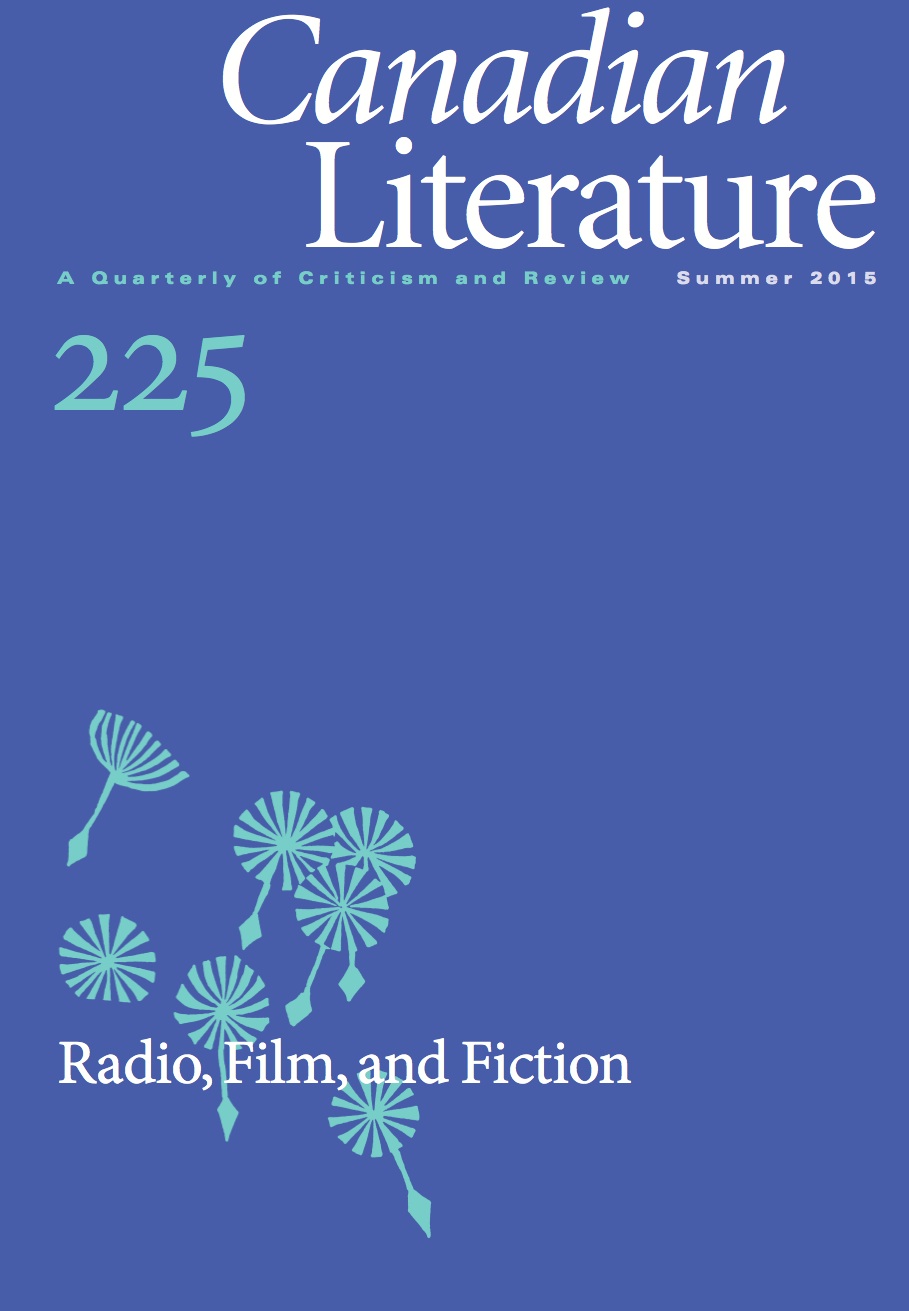Difficult Compassion; Compassionate Modernism: Ethel Wilson's Swamp Angel
DOI:
https://doi.org/10.14288/cl.v0i225.187798Abstract
Although critics have commonly celebrated Ethel Wilson’s representation of compassion in Swamp Angel (1954) as evidence of “Maggie’s resolution of the responsibility of the self to others” (Murray 244), Wilson persistently complicates the assumption that compassion can offer any such resolution, to an individual’s life or the narrative of a novel. Concentrating on the dynamic tension between self-sacrificial models of compassion and the individual’s insistence on her autonomy in Swamp Angel, this paper uncovers the “difficult” nature of compassion that Wilson noted in a radio talk given in 1955. The paper argues that Wilson’s representation of compassion reveals her status as both a philosophical and a modernist novelist. Through positioning Wilson’s original theory of “difficult” compassion in relation to Arthur Schopenhauer’s and Friedrich Nietzsche’s opposing definitions of the emotion, and in relation to the modernist critique of sentimentality, the paper reveals the ways in which Wilson combines modernist modes of representation and philosophical interests to redefine compassion as difficult, active, and unsentimental.


